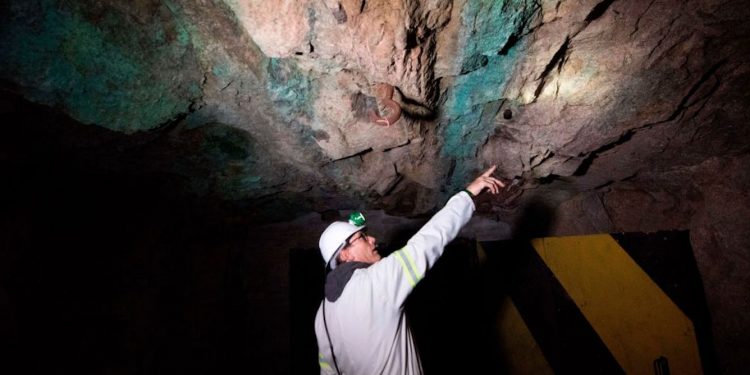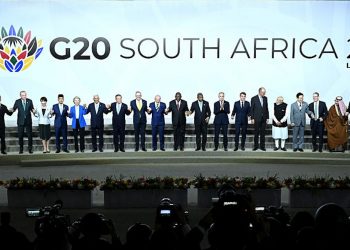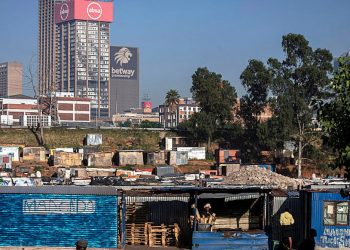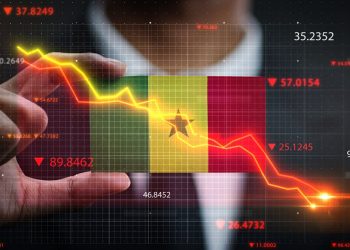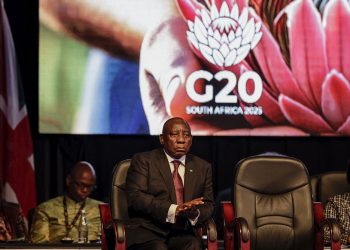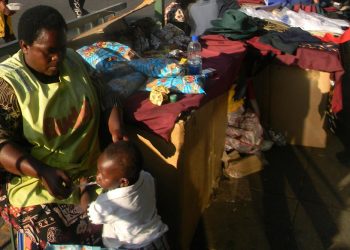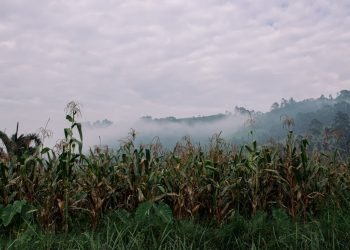Critical minerals such as lithium, cobalt, nickel, copper, rare earth elements, and platinum group metals are essential for modern technologies. They are key to industries ranging from electronics and telecommunications to renewable energy, defence, and aerospace systems.
The global demand for these minerals has been growing, as has the competition for them.
The supply and production of these minerals is largely concentrated in the global South. Most of the world’s cobalt is produced in the Democratic Republic of Congo (DRC). It produces almost three-quarters of the global cobalt output. Australia produces nearly half of the world’s lithium. Chile accounts for another quarter of global lithium production, with China following at 18%.
China dominates the supply chain through massive investments in mining operations, particularly in Africa. It is responsible for refining 90% of rare earth elements and graphite, and 60-70% of lithium and cobalt. The United States and European Union — long-term trading partners with African nations — have also adopted policies to secure access to Africa’s resources.
The question is what African countries are doing to take advantage of this demand for these critical minerals, especially to drive their own development.
As development researchers we address this question in a special publication on the rising significance of critical minerals in Africa by the Indian Council of World Affairs. In another publication, we look at how emerging resource diplomacy may reinforce Africa’s position in the global economy as a mere source of raw materials.
We recommend that African countries determine for themselves how to benefit from this global competition. This includes developing national strategies that emphasise local value addition and benefits. Also, national strategies should begin positioning African countries to gain from their resources beyond value addition.
The competition for Africa’s critical minerals underscores the urgency of governance reforms and regional cooperation to transform mineral wealth into sustainable prosperity, avoiding another “resource curse.”
The emerging ‘New World Order’
A Chinese-led ‘New World Order’ is emerging to counter the US-led Western influence. Eastern and global South countries demonstrate this shift through groupings like BRICS and South-South cooperation in technology and development. China has strengthened its influence in the global South through initiatives such as the Belt and Road Initiative.
Launched in 2013, the Belt and Road Initiative is an ambitious infrastructure project that connects continents by land and sea. Since then, over 200 agreements have been signed with over 150 countries and 30 international organisations. The initiative has expanded China’s access to resources. This is often in exchange for infrastructure development that links mining regions to ports.
In Africa, China has invested heavily in mining and infrastructure. Its firms have spent about US$4.5 billion in lithium projects in Zimbabwe, the DRC, Mali, and Namibia. China’s strategic focus includes resource-rich countries such as the DRC, Zimbabwe, Zambia, South Africa and Ghana.
China recently marked the 80th anniversary of the end of World War II with a military parade. The parade projected China’s military strength with President Xi warning that China is “unstoppable.”
China is emboldened by its influence and access to critical minerals. This has strengthened its ability to acquire military hardware and other advanced technologies.
Competition for Africa’s critical minerals
Africa holds about 30% of the world’s critical mineral deposits, making it central to geopolitical contest. The US and EU have sought agreements to secure supplies and reduce reliance on China.
The EU has strategic partnerships on minerals with the DRC, Rwanda, Namibia and Zambia. China has bilateral agreements with eleven African countries in the mining sector. The US also has a trilateral agreement with the DRC and Zambia. Its purpose is to support an integrated value chain for electric vehicle (EV) batteries. It also recently signed a ‘Minerals for Peace’ deal with the DRC and Rwanda to help end decades of conflict in eastern Congo.
Although African countries need support to turn their resources into prosperity, our research found that these partnerships risk reinforcing Africa’s marginal position in the global value chain. They often reproduce conditions reminiscent of colonialism: dependency, resource extraction, and power imbalances.
The way forward
Our research argues that the struggle between the US-led and Chinese-led world orders will hinge on a few things. One is control over emerging technologies. These include renewable energy, defence, aerospace, and AI — all of which depend on critical minerals. Expanded access to, and control of, these minerals and their supply chains will be a key determinant of global power.
Competition between the US and China for critical minerals will intensify. Yet it is crucial that African countries remain neutral. They must engage only in meaningful, mutually beneficial partnerships that genuinely advance their countries and its economies.
African countries must explicitly define their priorities in the extractives sector. Without clear strategies, external powers will continue to dictate Africa’s future. The continent will be locked into dependency rather than enabling it to capture real value from its mineral wealth.
Finally, rather than just competing for Africa’s critical minerals, China, the US, and the EU should equitably engage with African countries in the extractives sector to ensure just development across the continent.
The authors do not work for, consult, own shares in or receive funding from any company or organisation that would benefit from this article, and have disclosed no relevant affiliations beyond their academic appointment.

